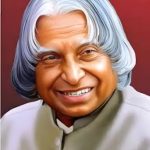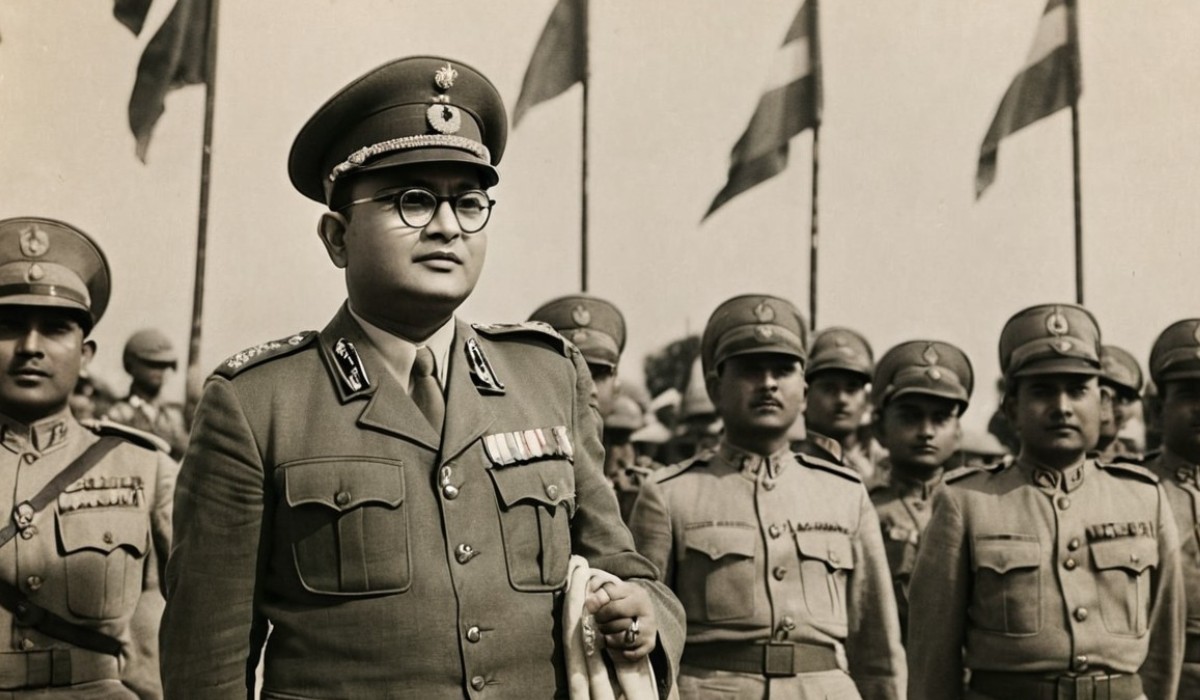Netaji Subhash Chandra Bose, a towering figure in India’s freedom movement, remains an icon of courage, leadership, and patriotism. His legacy continues to inspire millions of Indians today. As we honor his birth anniversary on January 23, 2025, let’s delve into 13 important facts that highlight his contributions to India’s quest for independence.
1. Early Life and Family Legacy
Subhash Chandra Bose was born into a distinguished Bengali family on January 23, 1897. The ninth of fourteen children, he was raised in an environment of strong values, nurtured by his father, Janakinath Bose, a prominent lawyer, and his mother, Prabhavati Devi, who instilled in him a deep sense of patriotism.
2. A Brilliant Scholar with Leadership Potential
Bose excelled academically, consistently securing top positions throughout his educational journey. He graduated with a degree in Philosophy from the University of Calcutta in 1918, showcasing his intellectual brilliance early on.
3. Choosing Patriotism Over Prestige
In 1919, Bose ranked fourth in the prestigious Indian Civil Services (ICS) exam in England. However, he renounced the opportunity to serve under British colonial rule, demonstrating his unwavering commitment to India’s independence.
4. ‘Prince Among Patriots’
Subhash Chandra Bose earned the title of “Prince among Patriots” from German and Indian officials. Even Mahatma Gandhi acknowledged his unmatched dedication, calling him the “Patriot of Patriots,” despite their ideological differences.
5. Spirituality and Nationalism
Bose was deeply inspired by the teachings of Swami Vivekananda and Sri Ramakrishna Paramahansa. He believed that spirituality and nationalism were interlinked and that India’s freedom could only be achieved through a deep spiritual awakening.
6. Leader of Indian National Congress
Bose was elected as the President of the Indian National Congress (INC) twice, in 1938 and 1939. However, his differences with Mahatma Gandhi over the methods of achieving independence led him to resign and form the Forward Bloc, advocating for more radical solutions.
7. Founder of Azad Hind Radio and Iconic Slogans
Netaji established Azad Hind Radio in Germany to connect with Indians and spread his revolutionary ideas. He coined some of the most iconic slogans in Indian history, including “Jai Hind” and “Dilli Chalo,” which continue to resonate with the nation today.
8. Secret Marriage and Family
While in Europe, Netaji secretly married Emilie Schenkl, an Austrian woman, in 1937. Together, they had a daughter, Anita Bose Pfaff, who later became an economist. Despite being far apart, Emilie supported his mission whole-heartedly.
9. Renaming Andaman and Nicobar Islands
In 1943, during his leadership of the Azad Hind Government, Bose renamed the Andaman and Nicobar Islands as “Shaheed” and “Swaraj” to symbolize India’s fight for independence and to assert its sovereignty over the British-occupied territory.
10. Proclamation of the Azad Hind Government
On October 21, 1943, Bose declared the formation of the Provisional Government of Free India (Azad Hind Sarkar) in Singapore, marking a pivotal moment in India’s freedom struggle and rallying Indians across the world to join the cause.
11. The Indian National Army (INA)
Netaji founded and led the Indian National Army (INA), or Azad Hind Fauj, with the objective of liberating India through armed struggle. Backed by Japan during World War II, the INA launched significant campaigns against British forces, becoming a key force in the freedom movement.
12. Author of ‘The Indian Struggle’
Bose authored The Indian Struggle, a detailed account of India’s freedom struggle, in which he outlined his political philosophy and vision for a free India. The book was banned by the British authorities for its bold ideas and remains a significant document in Indian history.
13. The Mysterious End
Subhash Chandra Bose’s death, which reportedly occurred in a plane crash in Taiwan on August 18, 1945, remains one of India’s greatest mysteries. Despite official reports, many theories suggest that he may have survived and lived in secrecy, continuing to fuel speculation about his fate even today.
Conclusion: A Legacy of Dedication and Courage
Subhash Chandra Bose’s life was marked by his extraordinary courage, visionary leadership, and unwavering commitment to India’s independence. Whether through his bold political decisions, his formation of the Indian National Army, or his famous call for “blood and freedom,” Netaji’s legacy continues to inspire generations. As we celebrate his Jayanti, let us remember his unparalleled contributions to the nation’s freedom and honor the spirit of selflessness, patriotism, and unity he instilled in India’s fight for independence.
Also Read: Push-Pull Technology in Indian Railways: Revolutionizing Train Travel











